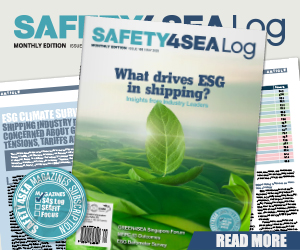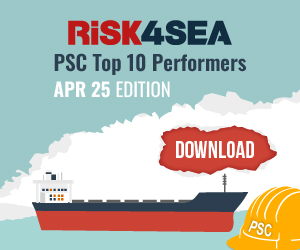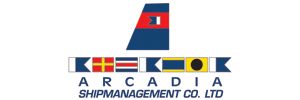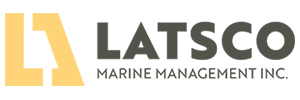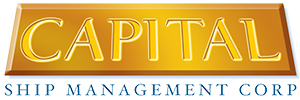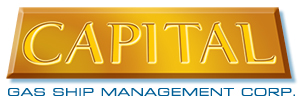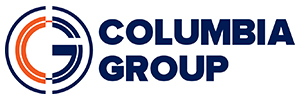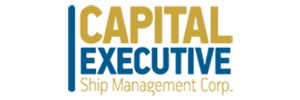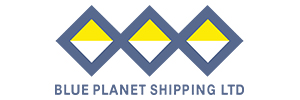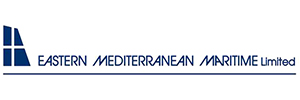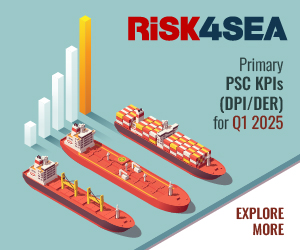The Maritime Safety Administration (MSA) of the Ministry of Transport of the People’s Republic of China revised and issued the 2025 edition of the Administrative Measures for the Ship Pollution Response Agreement Regime. The new measures came into force in 20 May 2025.
As informed by Huatai Marine, the new measures consist of seven chapters and twenty-five articles, in addition to making structural adjustments and optimizations to its 2020 edition, as well as some minor amendments to the wordings.
Some of the amendments are:
#1 Qualifications of Emergency Personnel
1. Clarify that senior command personnel, on-site command personnel, and emergency operation personnel of SPROs shall possess corresponding capabilities.
2. Mandate knowledge refreshment cycles for senior and on-site command personnel shall not exceed 2 years, and SPROs must retain training records for at least 2 years.
3. Delete expressions of self-organize training for emergency operation personnel by SPROs
#2 Requirements for Pollution Response Equipment and Materials
Remove the requirement for the emergency equipment and materials must be “automatically identifiable”.
#3 Information Submission by SPROs
SPROs shall simultaneously submit the information published to the public to the maritime administrative authorities in their service areas through the information system designated by the Maritime Safety Administration of China.
Huatai Marine notes that the implementation of the new measures will further standardize the ship pollution response agreement regime, strengthen the management of SPROs, enhance their emergency pollution response capabilities, and promote the healthy and orderly development of the industry.
The revision focuses on the management of SPROs and supervision and inspection by maritime administrative authorities
Key suggestions
#1 When selecting cooperative organizations, ship operators consider assessing the emergency pollution response capabilities of SPROs and their performance of ship pollution response agreements either independently or through professional institutions, and select the optimal organization with which to conclude ship pollution response agreements
#2 Compared with the 2012 MSA agreement template, the new version simplifies numerous provisions and removes specific clauses covering fees, liability for breach of contract and tort, insurance, and legal jurisdiction, etc. Ship operators and SPRO may negotiate supplementary terms for outstanding matters based on the new template published by China MSA. Through collaborative efforts among all industry stakeholders, a widely accepted agreement template with more detailed clauses can be finalized as soon as possible.
#3 Verify whether a ship falls under the ship type exempted from signing a ship
pollution response agreement to avoid “excessive” contracting. Ship operators should collaborate with trusted professional agencies specializing in signing ship pollution response agreements on their behalf, thereby relieving themselves of tedious tasks such as screening SPROs and negotiating contracts, and enabling them to focus more on fleet safety management and commercial operations.











































